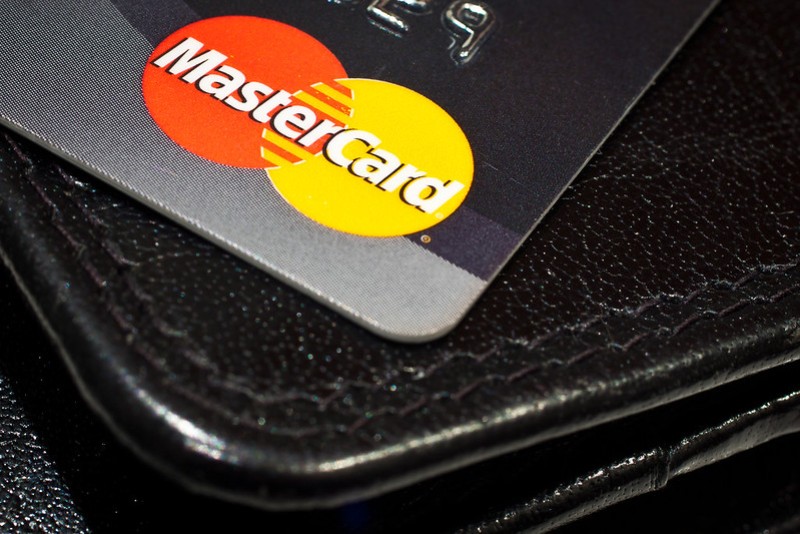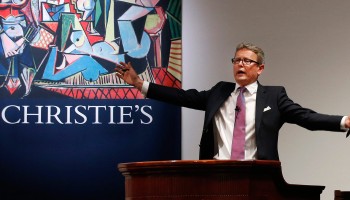The collective proceedings marked the first case of this kind to reach the U.K. Supreme Court, with judges noting in their statement on Friday it had raised “important questions about the legal requirements for certification of a claim.”
‘Class action’ lawsuits, popular in the United States, in which a group seeks damages through a single representative, are subject to stringent tests in the United Kingdom. Claimants must first file for what’s known as a ‘collective proceedings order’ (CPO), which requires a court to approve both the class representative and the inclusion of the various claims under a single action.
Walter Merricks, the U.K. former financial ombudsman, first sought a CPO against Mastercard after a European Commission decision in December 2007 ruled that the credit provider had breached competition law “by fixing a default ‘interchange fee’ as part of their payment card schemes,” according to the court’s statement.
Merricks argued that the fees, used by Mastercard to pay companies for accepting cardholder transactions, resulted in U.K. customers paying higher rates on exchanges with Mastercard-accepting businesses.
The former ombudsman claimed then that “consumers paid higher prices for goods and services than they would otherwise have done,” as a basis for seeking “an award of damages for the whole class — an aggregate award — rather than damages for the claim of each class member.”
Merricks later sought appeal after a lower court ruled that the case did not meet the requirements for a CPO because the various claims weren’t suitable for an aggregate payout.
Mastercard condemned the Supreme Court decision, arguing that people in the U.K. “pa[id] the same price for their shopping however they chose to pay.”
“In our system, costs are shared by the business accepting a payment, banks and Mastercard, as all of us benefit from a purchase, so it’s right that all of us contribute to the cost of the payment system,” Mastercard Executive Vice Chair, Ann Cairns, commented.
She blamed “US-based lawyers and litigation funders primarily focused on making money for themselves” for pushing the case before the U.K. judiciary, “wasting both the court’s time and taxpayers’ money.”
“Collective or ‘Class’ actions are new for the U.K., but in the U.S., class action lawyers have attempted to bring almost identical claims against us, and all of those cases were thrown out by the courts, often long before any trial,” Cairns claimed, stressing that Mastercard would continue to oppose the action.






